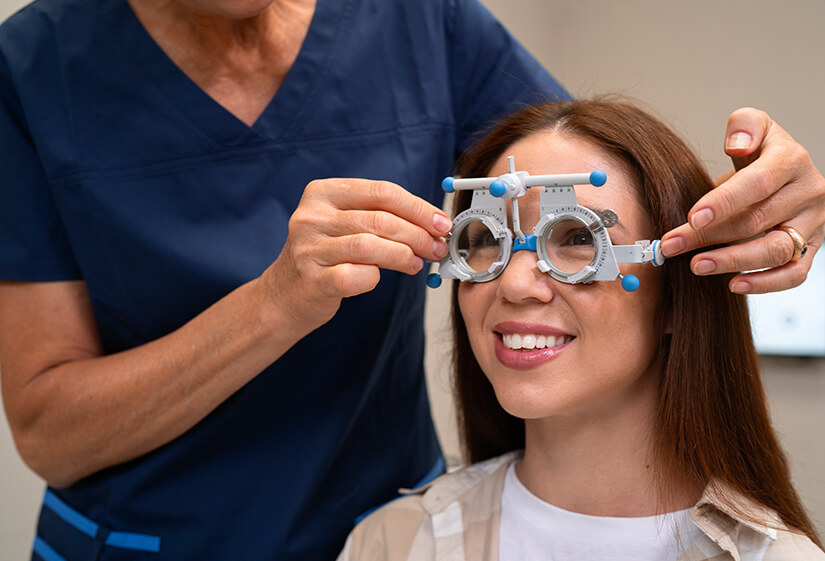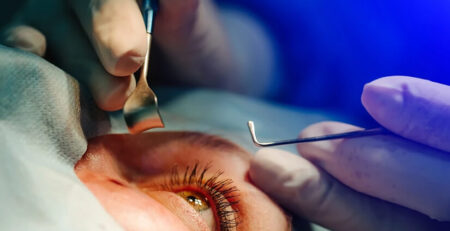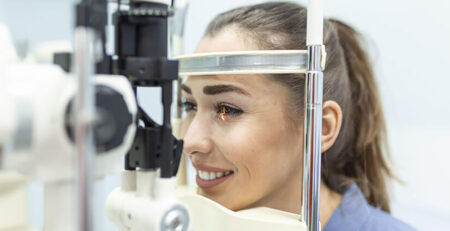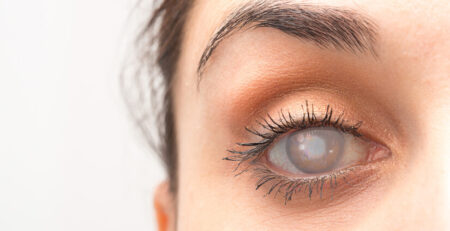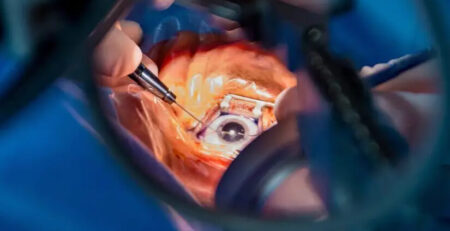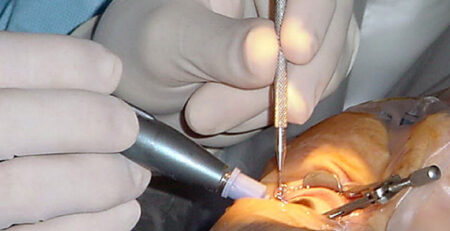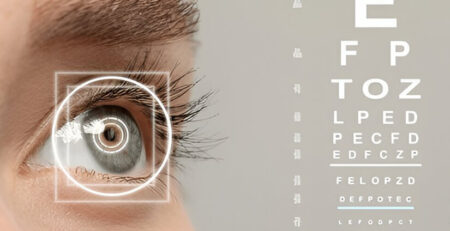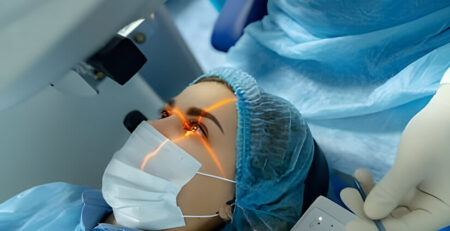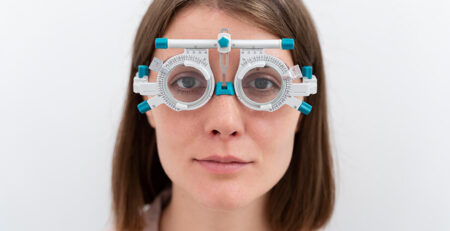Problems with toric Lenses for Cataract Surgery
If you or a loved one is considering cataract surgery, chances are you’ve heard about toric lenses. Marketed as the best solution for people with astigmatism, toric lenses promise better vision with fewer post-surgery complications. But as promising as they sound, toric lenses come with their own unique set of challenges. Let’s dive deeper into the realities of using toric lenses for cataract surgery and explore what they might mean for you.
What Are Toric Lenses, and Why Are They So Popular?
Toric lenses are specialized intraocular lenses (IOLs) designed to correct both cataracts and astigmatism. Astigmatism is a common condition that causes blurred or distorted vision due to an irregularly shaped cornea. Traditionally, astigmatism had to be corrected with glasses or contact lenses after cataract surgery, but with toric lenses, there’s potential to address both issues in one procedure.
However, as advantageous as toric lenses might sound, they aren’t always the miracle solution they’re marketed to be. Patients should be well-informed about the challenges associated with these cataract surgery lenses, as well as the pros and cons, before making a decision.
Potential Issues with Toric Lenses in Cataract Surgery
- Precise Placement Is Key to Success
One of the biggest challenges with toric lenses is the need for precise placement. For these lenses to work correctly, they must be positioned at a very specific angle within the eye. Any rotation of even a few degrees can significantly reduce their effectiveness in correcting astigmatism. This can lead to a frustrating outcome for patients who expected clearer vision after cataract surgery. Studies show that around 10-15% of toric lenses can rotate after surgery, requiring additional procedures to correct alignment. - Additional Costs Without Guaranteed Results
Unlike standard cataract surgery lenses, toric lenses often come with a higher price tag. The cost can be a significant concern, especially since many times, these lenses aren’t usually covered by insurance plans as they’re considered a premium option. This can place an unnecessary burden on patients who may not experience the improved vision they anticipated. It’s crucial to understand that while toric lenses can be effective, they’re not always the perfect fit for everyone’s eyes. - Not Suitable for All Types of Astigmatism
Toric lenses are particularly effective in cases where the astigmatism is corneal, meaning it originates in the shape of the cornea. However, if the astigmatism stems from an irregularly shaped lens inside the eye, the results may not be as favorable. Patients with irregular astigmatism may find that toric lenses do not completely correct their vision, and they may still require glasses after the surgery. This limitation can be a surprise to those who expected complete visual clarity. - Higher Risks of Post-Surgery Complications
Like any surgical procedure, cataract surgery with toric lenses comes with risks. Studies suggest that toric lenses may slightly increase the chance of certain complications. For example, lens rotation, though rare, can lead to significant discomfort and may require repositioning surgery. Furthermore, if the toric lens doesn’t align perfectly with the natural anatomy of the eye, rarely patients may experience bothersome visual distortions such as halos and glare, especially in low light conditions. It’s important to discuss these possibilities with an eye specialist to weigh the risks and benefits. - Adjustment Period Post-Surgery
Many patients find that adjusting to toric lenses takes longer than expected. During the initial healing period, it’s common for patients to experience some blurriness and a sensation of imbalance in their vision. The brain needs time to adapt to the new lens and correct the processing of visual information. This adjustment period can be a few weeks or even longer, depending on individual factors, which can cause anxiety for patients who anticipated a quicker recovery.
Alternatives to Toric Lenses for Cataract Surgery Treatment
If you’re uncertain about toric lenses, it’s comforting to know that there are other options. One common alternative is limbal relaxing incisions (LRIs), a procedure where small incisions are made at the cornea’s edge to correct mild astigmatism. Another option involves combining standard cataract surgery lenses with post-surgery glasses for patients who don’t mind wearing corrective eyewear after surgery. The key is to find a solution that aligns with your lifestyle and vision needs without compromising your expectations for cataract surgery treatment.
The Importance of Choosing the Right Eye Hospital in Delhi
Choosing a skilled and experienced eye surgeon and facility is crucial to minimize potential complications. A well-equipped eye hospital in Delhi, such as one specializing in cataract surgeries and advanced vision correction techniques, can provide access to the latest technology, ensuring accurate placement and outcomes for toric lenses. The hospital should also offer comprehensive pre- and post-surgery care, especially as precise alignment of toric lenses often requires advanced equipment and expertise.
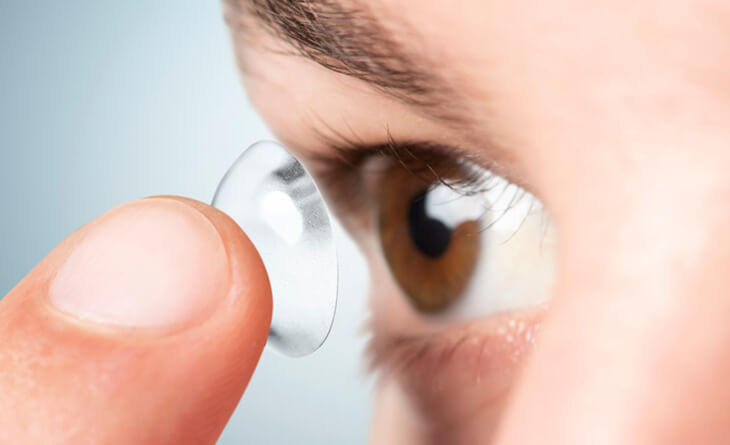
Considering Cataract Surgery Lenses? Here’s What You Should Do
If you’re weighing your options, take the time to discuss with your eye specialist. Ask about the risks and benefits of toric lenses, and be upfront about your expectations. It’s equally essential to discuss potential alternatives and consider which solution best fits your needs. The journey to clear, uncompromised vision requires careful planning, so make sure your decision is well-informed.
Looking for Expert Cataract Surgery in Delhi?
If you’re in search of comprehensive cataract surgery treatment in Delhi, Dr. Anisha Gupta, a leading eye specialist, offers advanced solutions tailored to your vision needs. With her extensive expertise in cataract and astigmatism correction, Dr. Gupta ensures precision and care, whether you opt for toric lenses or alternative treatments. Schedule a consultation today to explore your options and receive personalized care at one of the best eye hospitals in Delhi.

